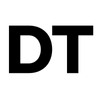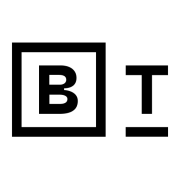This week's best things
Influencer-led accessibility stories, the end of onedayism, hoarding pre-AI content, mobile vs TV, quitting wisely, AI’s brain impact, hybrid theatre, monopoly inertia, team tools, digital readiness, arts pay, and a brutal 1910 Tour de France, plus books, podcasts, and Anohni.

Hello, I'm back from a nice break in Portugal, although I was sad to miss a sunny Midsommar in Sweden (it is, of course, now raining here).
Ok, I hope the sun is shining where you are. Here are some good things...
Digital community
We had a great first discussion yesterday about the potential for a new community of practice around digital work in the cultural sector.
Some interesting and useful ideas are emerging.
There will be further discussions later in the year. If you're interested in being involved just drop me a line ([email protected]).
And if you have ideas or thoughts you want to share at this stage, I've set up a very short (3 question) survey to capture views - you can complete it here.
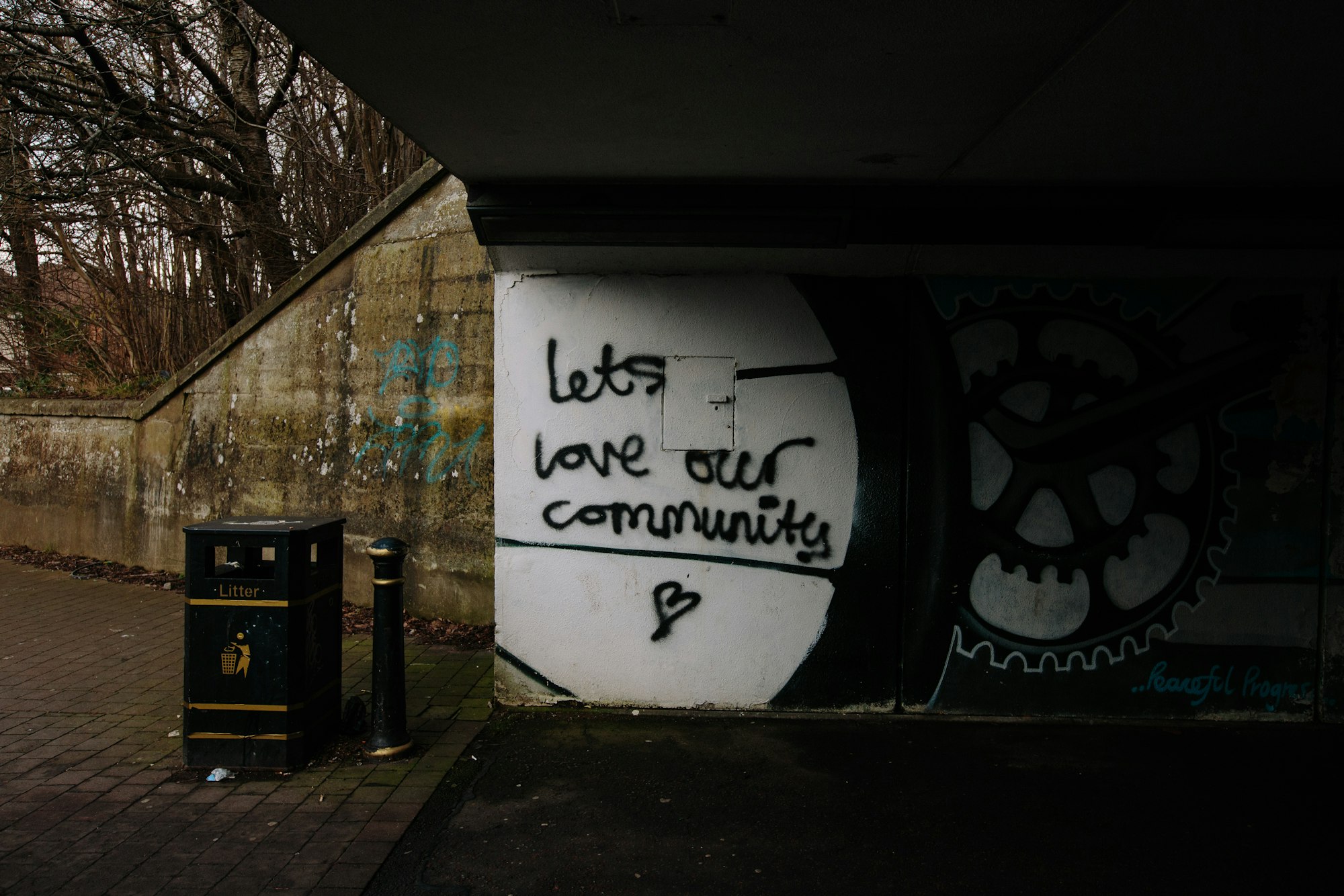
Why Is Google Still in One Piece? The Terminating a Monopoly Problem
Monopolies legislation in the United States isn't the most exciting things, but it is quite an important brake on the more megalomaniacal tendencies of big tech. Or at least they should be.
This piece in Matt Stoller's BIG newsletter looks at the recent court losses Google has suffered, and explores why things aren't changing more quickly. Also it contains a bunch of stats which demonstrate just why big tech monopolies are bad for everyone.
"On that Odd Lots episode, Weisenthal did so by bringing up a former guest of the podcast, a woman named Sarah LaFleur, the CEO of a fashion company. The cost to acquire a new customer, she complained to him, had gone from $13 to $250 over the course of a decade or so, largely because of increasing ad prices on Instagram. She tried alternatives to Instagram, but they didn’t work, because Meta’s monopoly, based on the acquisition of data and reach, was so much better than rivals. “One of the things that must be going on in the economy,” Weisenthal said to Cembalest, “is everybody's margin becoming Facebook's profits, or everybody's margins eventually becoming Alphabets profits.”"
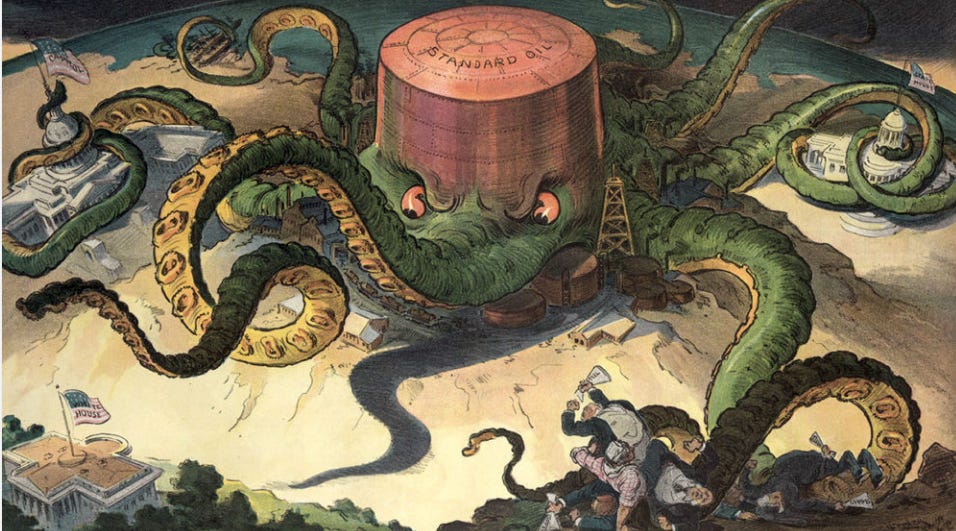
How the Royal Ballet and Opera are working with influencers to share accessibility stories
A blogpost from David Taylor looking at the way the RBO works with influencers.
"Over the last year, The Royal Ballet and Opera have been collaborating with influencers (particularly on Instagram) to share their experience of accessibility at events. We see creators telling their stories of coming to a concert and what it means to them. Take this example from “digital creator” IzzyIzTrash, who shares her experience of attending a matinee performance as a wheelchair user. [...]
By posting as a “collaborative post” on Instagram, Royal Ballet and Opera are able to connect to her 200k followers while also sharing the content on their account. But more importantly, having an individual’s perspective told in their voice is significantly more powerful than anything that Royal Ballet and Opera could have created themselves – “The accessibility in the building made me feel truly valued”."
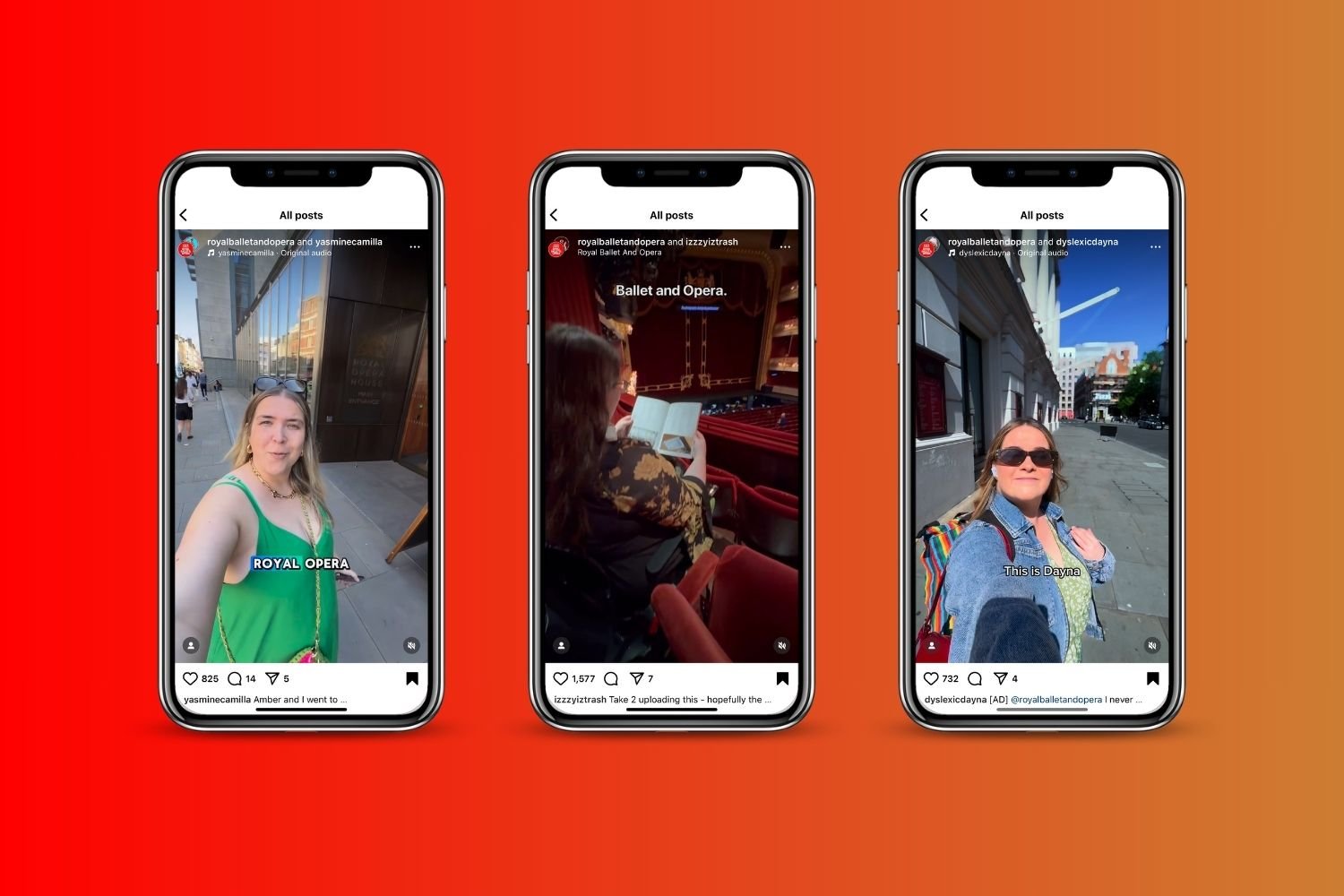
Can you look at?
This reminds me a bit of Adam Koszary's Twitter experiments with the daily doodle at the RA during lockdown. It's a similarly nice, simple, participatory thing but, of course because it's 2025, with added AI.
"Every day, you get a mission: find something very specific around you
- Check the challenge photo description 📝
- Look for something similar nearby or in your image gallery 🔍
- Snap a pic or upload one 📸
- Get instant feedback on how close your match is ⚡️
- Try again to get the best result 🏆"
Scientists once hoarded pre-nuclear steel; now we’re hoarding pre-AI content
Interesting/depressing - delete as applicable.
"Former Cloudflare executive John Graham-Cumming recently announced that he launched a website, lowbackgroundsteel.ai, that treats pre-AI, human-created content like a precious commodity—a time capsule of organic creative expression from a time before machines joined the conversation. "The idea is to point to sources of text, images and video that were created prior to the explosion of AI-generated content," Graham-Cumming wrote on his blog last week. The reason? To preserve what made non-AI media uniquely human."

Are you living two hours in the future?
Some good ideas in the latest edition of Oliver Burkeman's newsletter.
"These days I’m pretty good at avoiding the trap that’s been called “onedayism” – the tendency to live as if the really important part of life won’t truly begin until you’ve reached some far-off milestone, like finding a long-term partner, or achieving financial security, or until you’ve fixed your problem with procrastination, or once world events don’t seem so apocalyptic. (You have to find meaning, accomplishment and joy in the midst of all that, not solely once it’s all been “sorted out”.)
Yet as I’ve relaxed my grip on that sort of unconscious postponement, I’ve found it’s still easy to make the same error, just on a much shorter timescale: to proceed through the day as if my generally sane and interesting and enjoyable life can resume just as soon as I’ve got this task out of the way, cleared this batch of email, or made it through to this evening.
But of course you can miss your whole life in this manner, ceaselessly focused on a point a few hours in the future, no less surely than with the longer-timescale version."

Arts Pay Survey 2025
The latest Baker Richards/Arts Professional Arts Pay Survey is now accepting submissions.
David Reece (Chief Strategy Officer at Baker Richards) said:
"...behind every role in the arts, whether creative, technical, or administrative, there’s a person navigating real pressures: economic uncertainty, overwork, barriers to access, and sometimes, a deep disconnect between values and working conditions.
It’s not just a pay survey. It’s about lived experience, structural insight, and imagining something better.
This survey explores:
- Who gets to work in the arts, and who gets to stay?
- How are money, power, and opportunity distributed?
- What does a fairer, more liveable cultural sector look like, and how do we get there?
It’s fully anonymous, and you can skip any sections you prefer not to answer."

Digital readiness
A couple of things from me on the idea of 'digital readiness'.
Firstly you can watch back the webinar I hosted with Chris Unitt last week which discussed what digital readiness is, and why it's important.
And secondly a reminder of the digital readiness self-assessment I published last month. As the name suggests, it's designed for individuals and organisations to use to assess their own digital readiness without the need for any external support.
I've also been having a few conversations recently with organisation who have used the self-assessment and now want my support to work through what it's telling them - get in touch if that sounds interesting for where you are too.
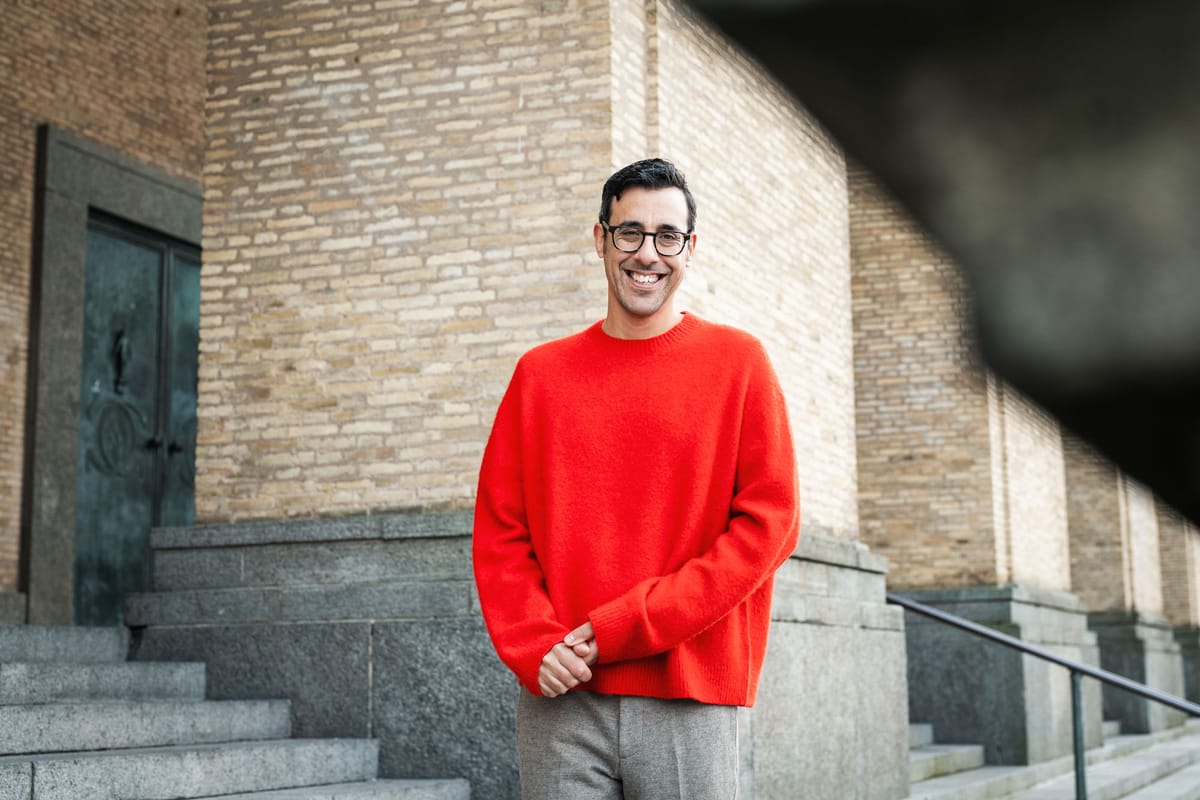

Your Brain on ChatGPT
A new study from MIT looking at the impact of LLM's on cognitive function.
"EEG analysis presented robust evidence that LLM, Search Engine and Brain-only groups had significantly different neural connectivity patterns, reflecting divergent cognitive strategies. Brain connectivity systematically scaled down with the amount of external support: the Brain‑only group exhibited the strongest, widest‑ranging networks, Search Engine group showed intermediate engagement, and LLM assistance elicited the weakest overall coupling."
Lots of caveats on this, not least that it was a study with a very small group of people (54, not all of whom made it to the end of the experiment).
But it'll be interesting to watch as more work is done on the impact of AI tooling on our ability to think and reason. Just as the rise of search engines made us better at retrieving information than retaining it (a study, and an explainer), I expect LLMs will have their own specific impact.
And on a related note is this article in Business Insider "The changes 3 teachers made as student AI use spiked":
"Ward, who's been a teacher for about thirty years, said that he's noticed student usage of AI increase in increments — until this year, when it just "exploded."
"Literally, all students are using it this year," he said. In order to try and prevent students from gaming all of his assignments with artificial intelligence, Ward said he's begun to use it defensively. He's asked ChatGPT to help him develop work that would be harder for anyone completing it to feed back into an LLM."
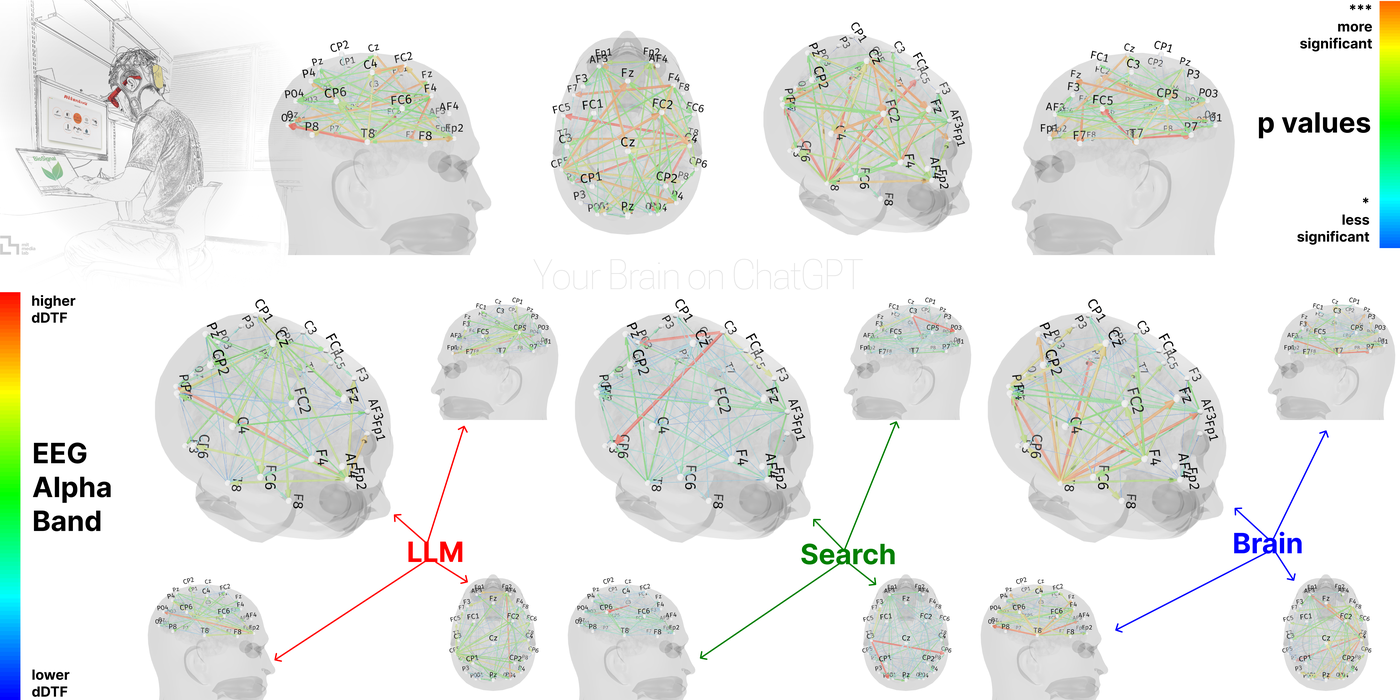
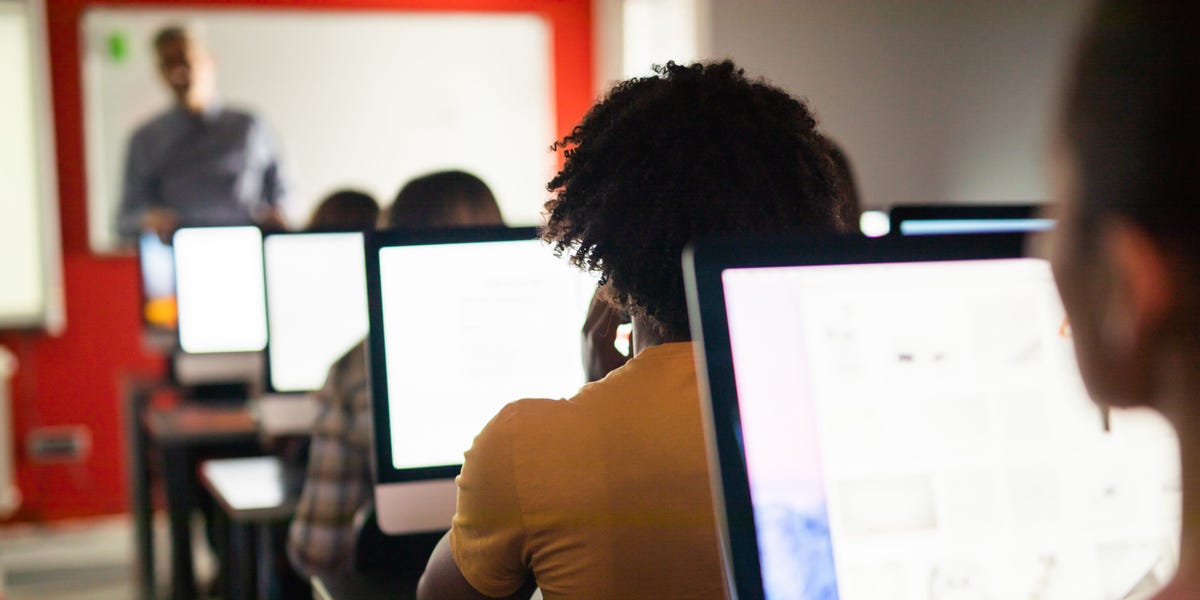
Team Canvas
I'm a fan of simple tools that can help spark and support useful conversations. The Team Canvas is one of those tools.
Use it to help frame valuable conversations to get on the same page about things like expectations, goals, needs, strengths, weaknesses, and values.
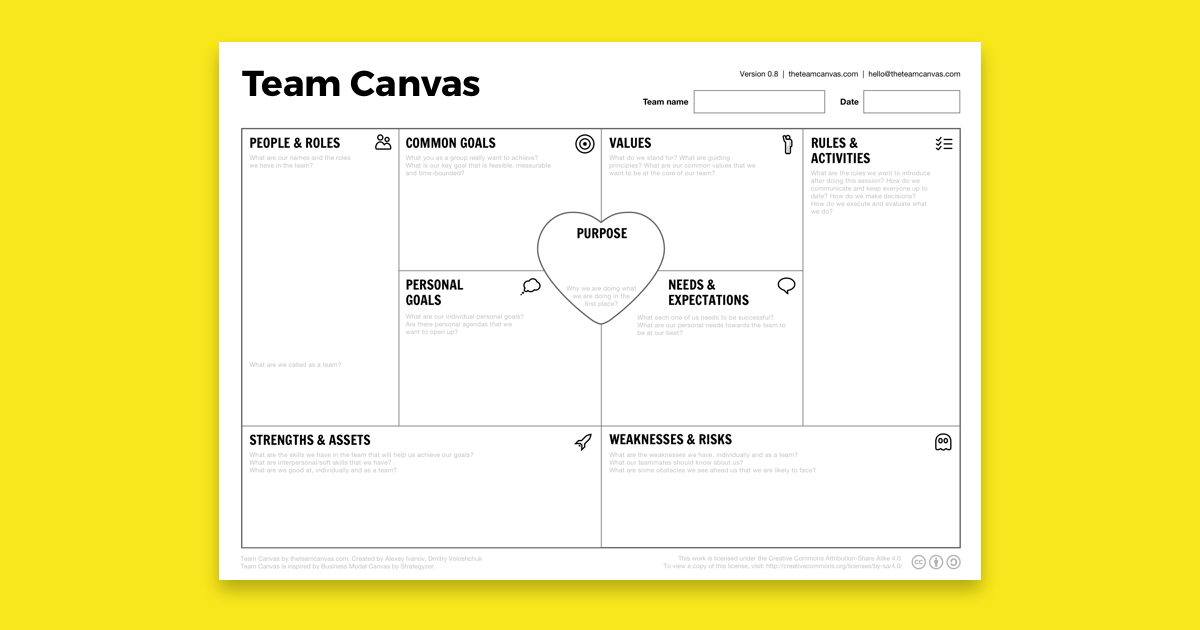
Adults in Great Britain now spending more time on mobiles than watching TV
A new survey finds that mobile usage has overtaken TV in the UK amongst adults:
"The amount of time adults in Great Britain spend using their mobile phones has finally overtaken that spent watching TV, according to a report that calculates the daily average for watching all types of screen is now almost 7.5 hours.
For the first time a typical person aged 15 or over spends longer each day on their mobile (three hours and 21 minutes) than on watching a traditional set (three hours and 16 minutes), the annual TouchPoints survey found."
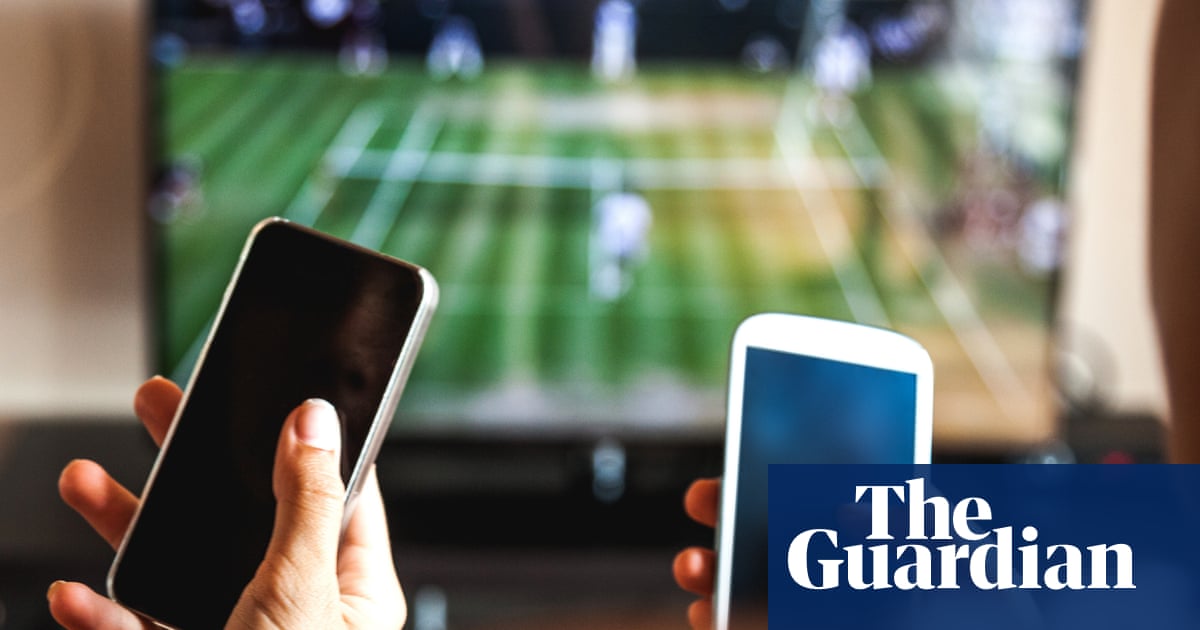
When to quit: A simple framework for life's toughest decisions
An interesting read on decision-making skills.
"Annie Duke’s 2018 book Thinking in Bets introduced me to a seemingly counterintuitive concept: Instead of trying to predict whether staying or leaving would work out better, I needed to focus on making the best possible decision with the information I had, knowing I couldn’t control the outcome.
To be successful, I had to completely let go of whether finishing the PhD was the definition of success.
Duke, a World Series Poker Champion with a PhD in cognitive psychology, calls this avoiding “resulting,” which is our tendency to judge the quality of our decisions based on how they turn out rather than on the process we used to make them. A good decision can have a bad outcome due to factors beyond our control, just as a poor decision can sometimes work out well due to sheer dumb luck."
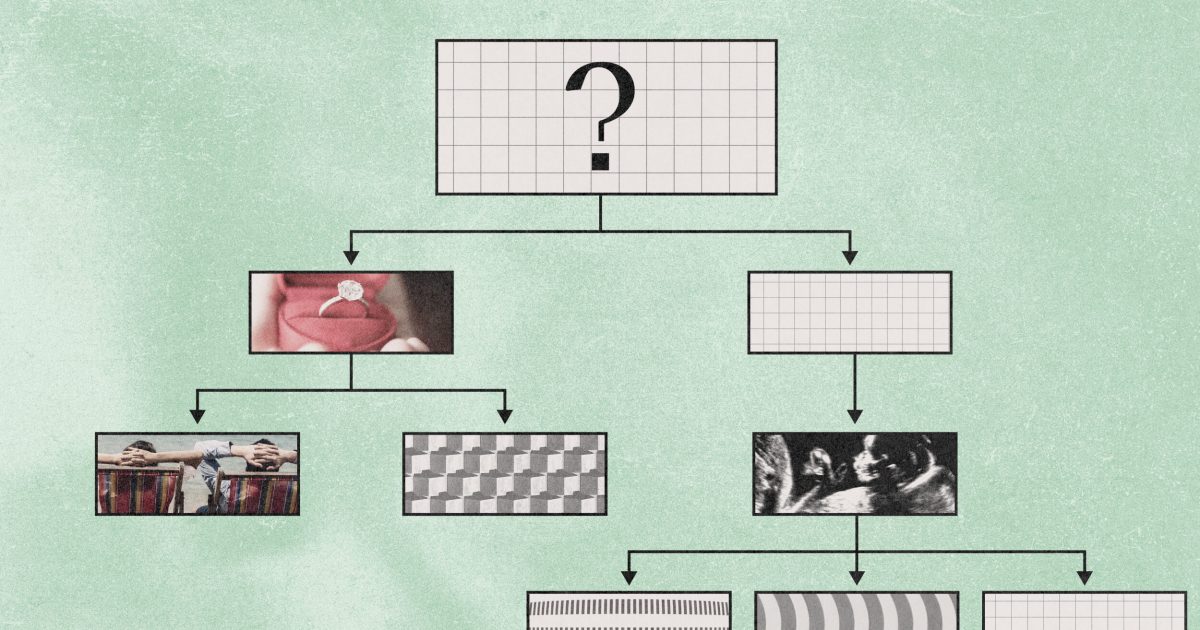
Hybrid Cultural Experiences
A couple of weeks ago I was in Eindhoven at the DEN Conference to speak about the lessons we learned on the Venues of the Future R&D project which explored hybrid cultural experiences.
One of the things that came out of the project is this toolkit which might be a useful guide for anyone thinking about or embarking on a hybrid project.
And if you're thinking - what on earth is a hybrid experience? I wrote a quick thing here (which was as much for me to try and untangle my own thoughts on this as anything).
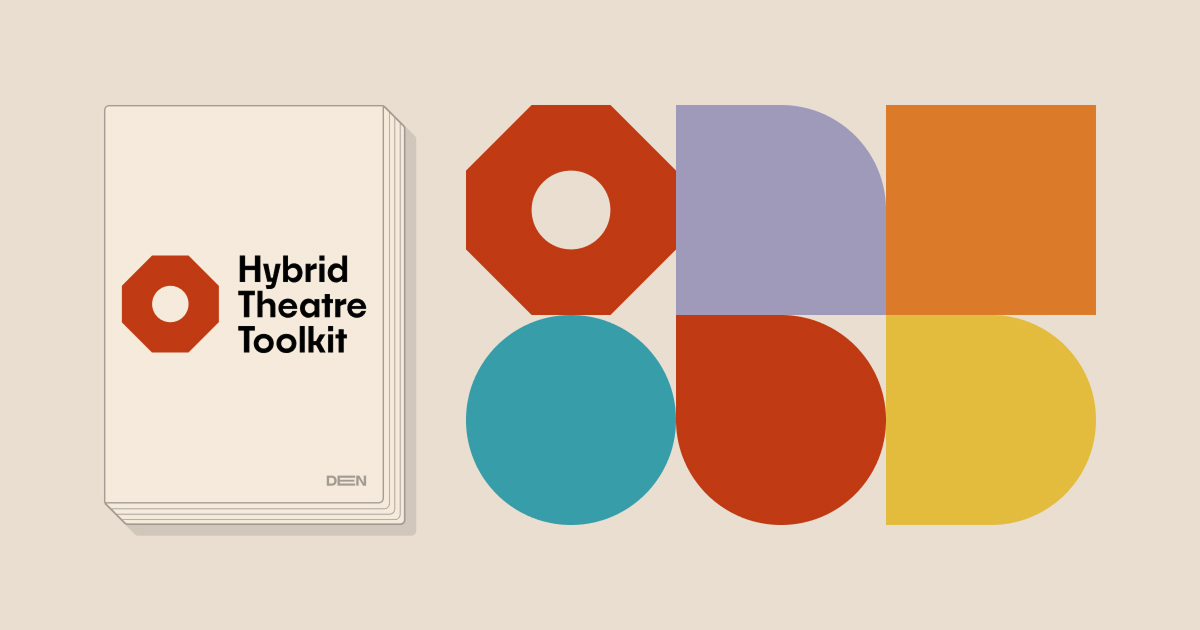

If the Smashing Pumpkins wrote Everlong
Mac Glocky's 'covers in the style of' (mostly focusing on 90s and early 00s metal and grunge) are always pretty great, but this one is especially spot on.
The 1910 Tour de France
The world's biggest annual bike race (the Tour de France) starts next week, and in honour of that here is a reminder of how (unnecessarily and ludicrously) ambitious it used to be.
This year's route will see the race cover 3320 kilometers in 21 stages, in 1910 the race was over more than 4700 kilometers in just 15 stages. And look at the route!

This week's consumption
I read some books on holiday, including The Seven Husbands of Evelyn Hugo (really great, I think half the people I was on holiday with ended up reading it), Lessons in Chemistry (also a nice charming read), The Cafe With No Name (very simple, but a nice snapshot of a community in 1960s Vienna).
I have started The Vegetarian by Han Kang.
Next week I am going to see Anohni at Dalhalla (an outdoor concert venue in a disued quarry) which is promises to be a pretty special experience, fingers crossed for good weather.
Digital Works Podcast assortment
I've been hosting the Digital Works Podcast for five and a half years now, there are now over 60 episodes exploring all sorts of different digital things. I thought I'd start sharing a few episodes from the back catalogue.
So here's a random selection of a few of the episodes from the last few years.
November 2020 - Matt Locke on remote audiences, attention patterns, formats, and shifts in behaviour.
September 2024 - Clare Reddington on leadership, digital confidence, organisational culture, and embracing risk.
See you next week
Thanks for reading all the way to the end. Please enjoy this deeply, deeply frustrating website which (intentionally) throws a whole load of infuriating dark patterns at you.
To finish, a quick reminder that I'm a consultant who helps cultural organisations do better digital work.
I'm currently working with organisations on things like:
- user research to inform digital investment priorities,
- technical strategy,
- leadership development,
- 'critical friend' advice,
- project governance,
- digital strategy,
- and digital readiness.
If it sounds like I could be useful, then let's chat.


